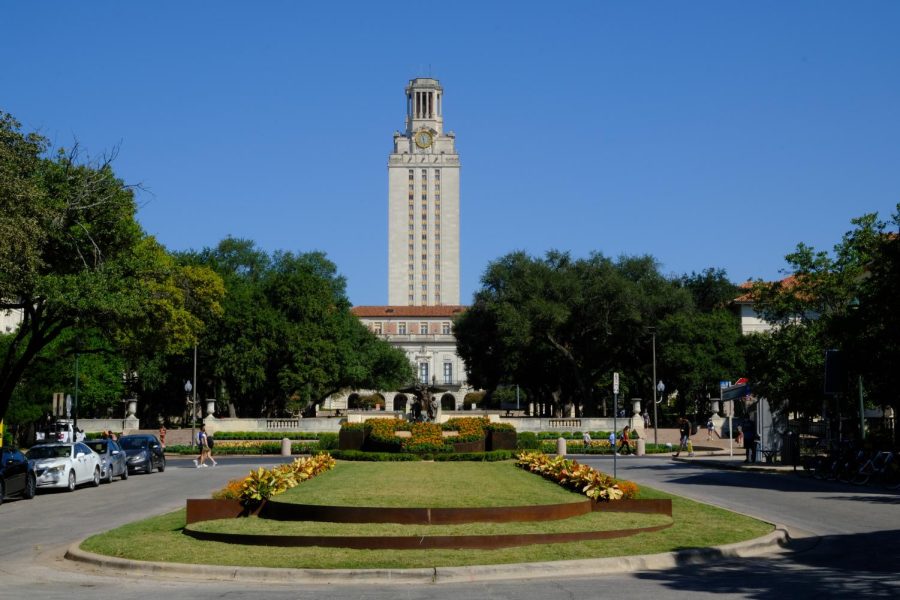Texas Supreme Court decision allows universities to revoke degrees for academic misconduct
April 20, 2023
In a 6–2 decision, The Texas Supreme Court ruled on April 5 that two Texas university systems can revoke students’ degrees for academic misconduct, even after they have graduated.
The decision stems from two separate cases in which the University of Texas at Austin and Texas State University both were sued by former doctoral students for attempting to revoke their degrees on the basis of academic misconduct.
The ruling also stated that students who graduated must be afforded due process through disciplinary hearings before having their degree revoked.
“The only difference between expelling a current student for academic misconduct and revoking the degree of a former student for the exact same academic misconduct is one of timing,” Justice Debra Lehrmann wrote on behalf of the majority opinion. “If timing were as significant as (the plaintiffs) suggest, we struggle to determine when a university passes the point of no return.”
Lehrmann argues that the UT and Texas State University Systems’ statutes grant them the power to take disciplinary action regarding academic misconduct.
According to the Texas Education Code, the Texas State University System may determine “the conditions for the award of certificates and diplomas.” The same code for the UT System states that they have the authority to award degrees.
In the dissenting opinion, Justice Jimmy Blacklock wrote that universities only have jurisdiction over internal affairs, and only courts should have the power to revoke degrees.
“Universities are not judicial agencies,” Blacklock wrote. “If the Legislature wanted state universities to possess the extraordinary power to unilaterally adjudicate the rights of graduates, surely it would say so. It has not.”
One of the respondents, referred to as S.O. in the ruling, received her doctoral degree in chemistry from UT Austin in 2008. She sued the University after it began the process of revoking her degree due to allegations of academic misconduct.
S.O. maintains that she did not engage in scientific misconduct as alleged by a University committee.
“We’re disappointed,” said David Sergi, an attorney representing S.O. “We think that the (Texas) Supreme Court has turned a degree into a revocable license. It basically puts in danger everybody’s degree if you happen to disagree with (the) university.”
While there is no precedent in the state, Lehrmann wrote that several courts in other states, including Virginia, Ohio, North Dakota and New Mexico, have decided that public universities have degree-revocation power under “similarly worded grants of authority.”
“A degree is not merely a piece of paper; it is a ‘university’s certification to the world at large of the recipient’s educational achievement and fulfillment of the institution’s standards,’” Lehrmann wrote in the opinion, quoting a previous decision.
As of now, neither plaintiff has a revoked degree. Sergi said S.O. will be filing a motion for rehearing.
“(The ruling) cheapens your degree,” Sergi said. “S.O. was doing this for every graduate of the University of Texas to maintain the integrity of their degree. It’s not as if she doesn’t want a disciplinary hearing, but the courts are the place where this ought to be decided.”
UT spokesperson Brian Davis said the University will “let the ruling speak for itself.”











